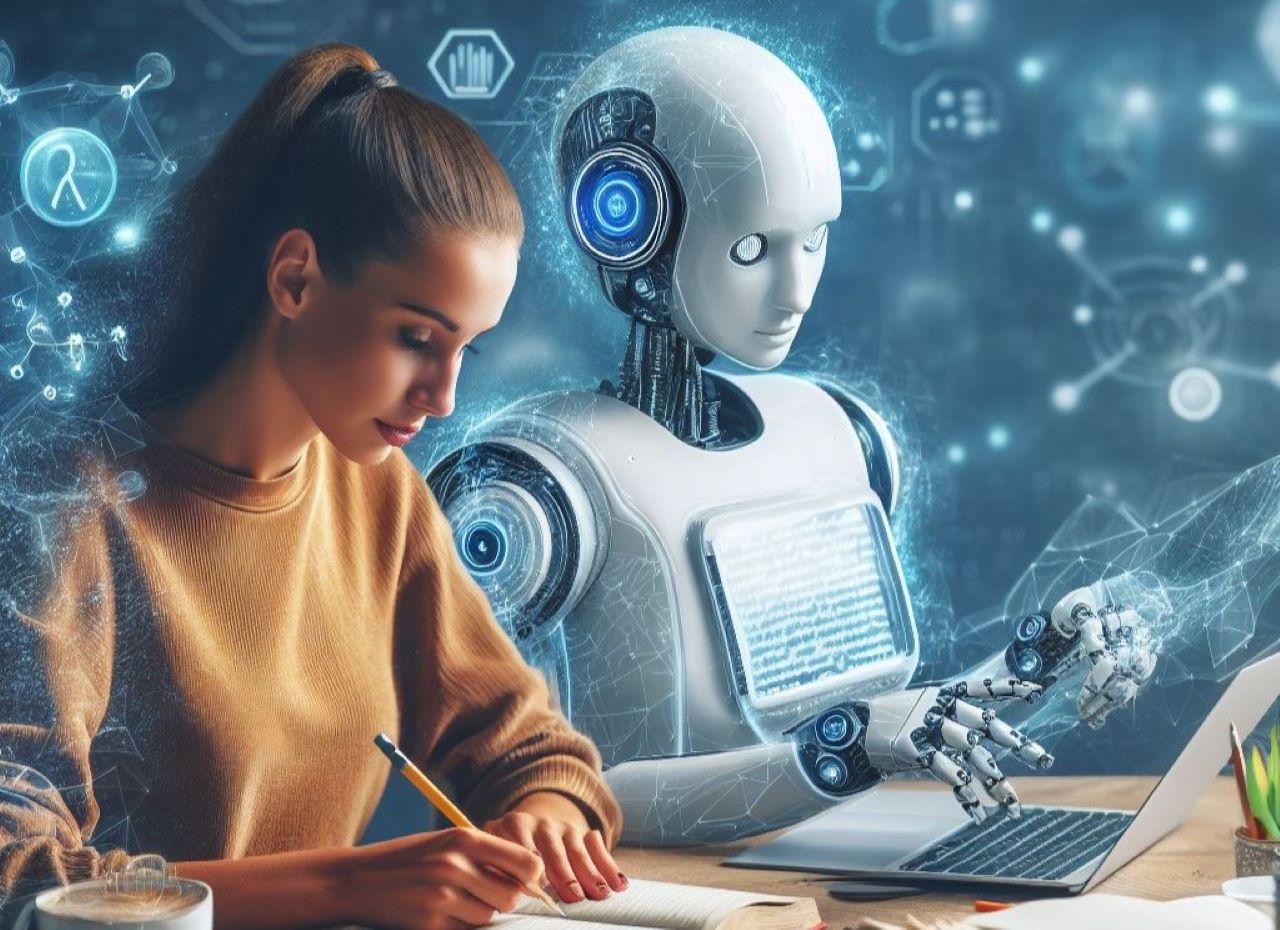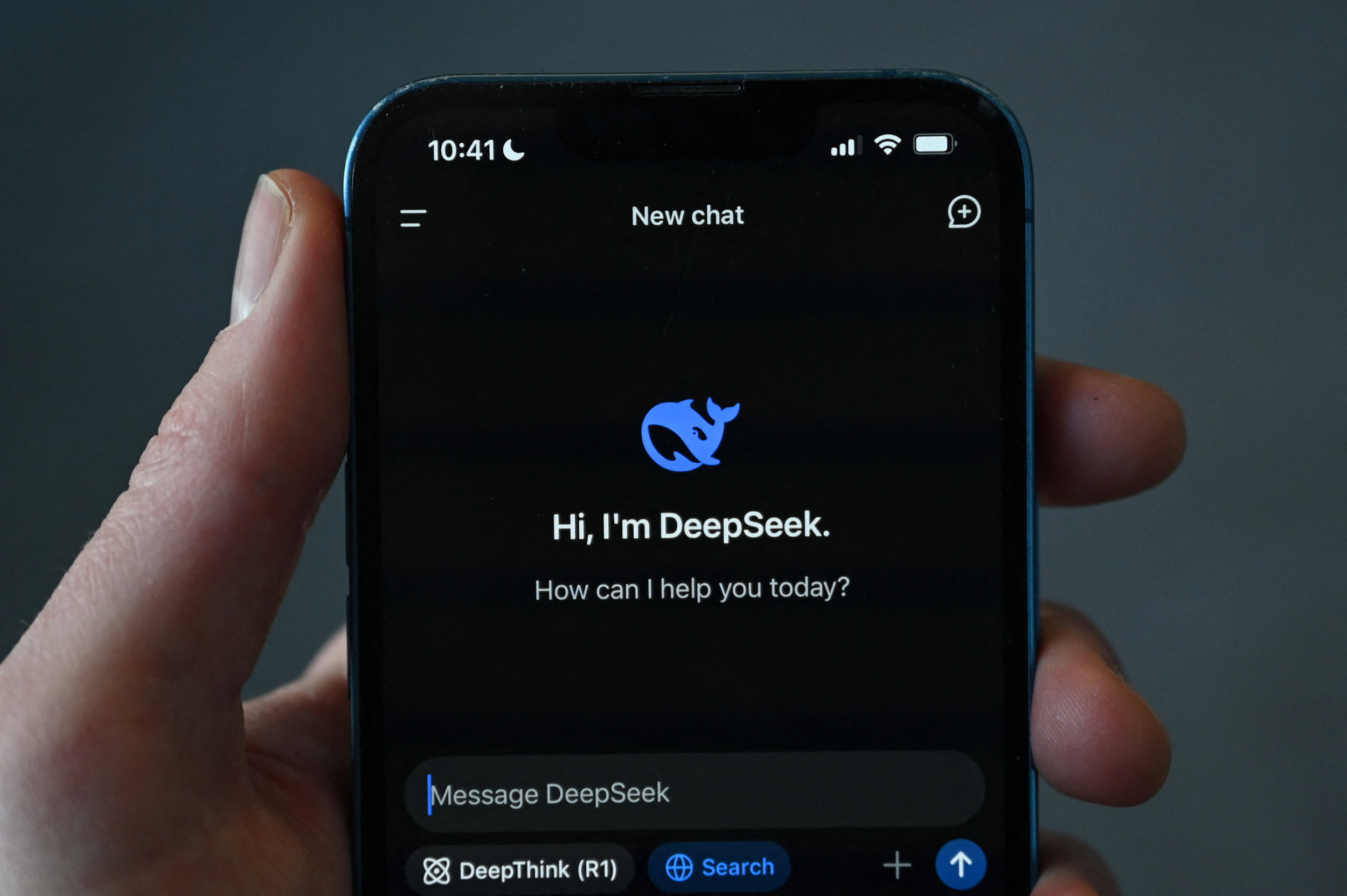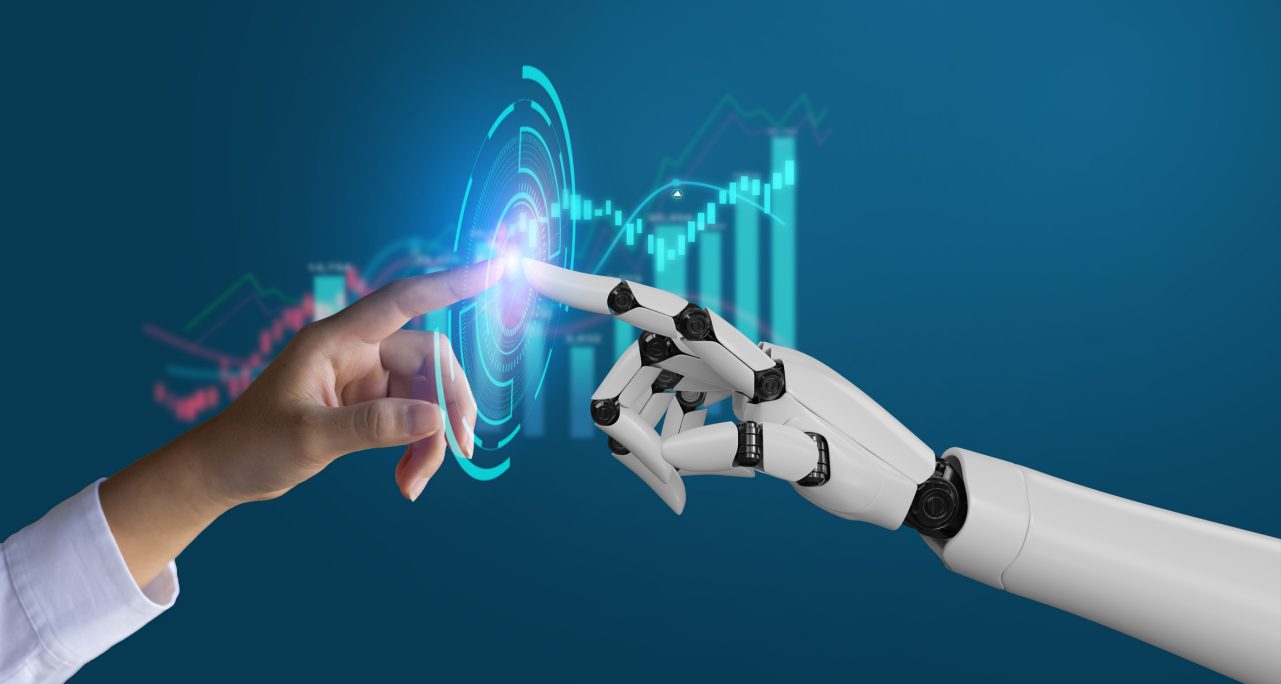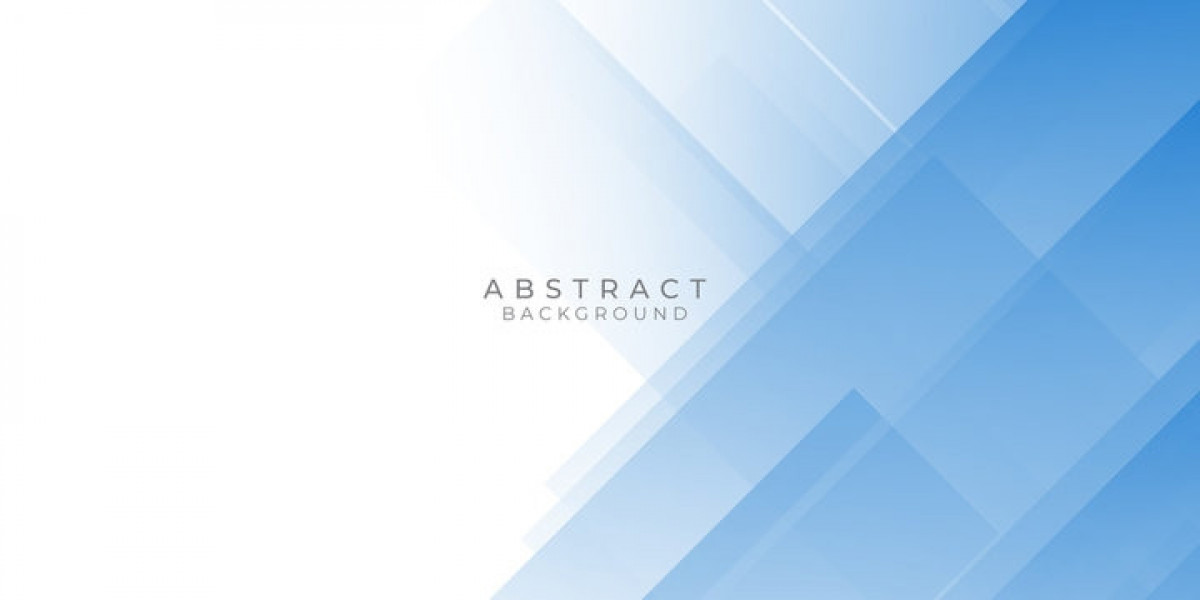OpenAI and the White House have accused DeepSeek of using ChatGPT to inexpensively train its brand-new chatbot.
- Experts in tech law say OpenAI has little recourse under intellectual property and contract law.
- OpenAI's terms of usage may apply however are largely unenforceable, they say.
This week, OpenAI and the White House implicated DeepSeek of something similar to theft.
In a flurry of press declarations, they stated the Chinese upstart had actually bombarded OpenAI's chatbots with inquiries and hoovered up the resulting information trove to rapidly and inexpensively train a design that's now practically as great.
The Trump administration's leading AI czar said this training procedure, called "distilling," amounted to copyright theft. OpenAI, on the other hand, informed Business Insider and other outlets that it's examining whether "DeepSeek may have wrongly distilled our models."
OpenAI is not saying whether the business plans to pursue legal action, instead promising what a spokesperson called "aggressive, proactive countermeasures to protect our innovation."
But could it? Could it take legal action against DeepSeek on "you took our material" premises, similar to the grounds OpenAI was itself took legal action against on in an ongoing copyright claim filed in 2023 by The New York City Times and other news outlets?
BI positioned this question to experts in technology law, who said difficult DeepSeek in the courts would be an uphill battle for OpenAI now that the content-appropriation shoe is on the other foot.
OpenAI would have a difficult time proving an intellectual residential or commercial property or copyright claim, these lawyers said.
"The question is whether ChatGPT outputs" - implying the responses it generates in response to questions - "are copyrightable at all," Mason Kortz of Harvard Law School said.
That's because it's unclear whether the responses ChatGPT spits out certify as "imagination," he stated.
"There's a doctrine that states imaginative expression is copyrightable, however facts and concepts are not," Kortz, wiki.myamens.com who teaches at Harvard's Cyberlaw Clinic, stated.
"There's a huge question in copyright law today about whether the outputs of a generative AI can ever constitute innovative expression or if they are necessarily unguarded facts," he included.
Could OpenAI roll those dice anyhow and declare that its outputs are safeguarded?
That's not likely, visualchemy.gallery the lawyers said.
OpenAI is already on the record in The New York Times' copyright case arguing that training AI is an allowable "reasonable use" exception to copyright defense.
If they do a 180 and inform DeepSeek that training is not a fair use, "that might return to kind of bite them," Kortz stated. "DeepSeek could say, 'Hey, weren't you simply saying that training is reasonable use?'"

There may be a difference in between the Times and DeepSeek cases, Kortz added.
"Maybe it's more transformative to turn news articles into a design" - as the Times implicates OpenAI of doing - "than it is to turn outputs of a model into another design," as DeepSeek is stated to have actually done, Kortz stated.
"But this still puts OpenAI in a pretty predicament with regard to the line it's been toeing concerning fair use," he added.
A breach-of-contract lawsuit is more likely
A breach-of-contract suit is much likelier than an IP-based claim, asteroidsathome.net though it comes with its own set of problems, stated Anupam Chander, who teaches technology law at Georgetown University.

Related stories
The terms of service for Big Tech chatbots like those developed by OpenAI and Anthropic forbid utilizing their material as training fodder for a contending AI model.

"So possibly that's the claim you might perhaps bring - a contract-based claim, not an IP-based claim," Chander said.
"Not, 'You copied something from me,' but that you benefited from my model to do something that you were not enabled to do under our agreement."
There might be a drawback, Chander and Kortz said. OpenAI's regards to service need that most claims be resolved through arbitration, not lawsuits. There's an exception for claims "to stop unauthorized usage or abuse of the Services or copyright infringement or misappropriation."
There's a bigger hitch, however, experts stated.
"You must know that the brilliant scholar Mark Lemley and a coauthor argue that AI terms of usage are likely unenforceable," Chander stated. He was referring to a January 10 paper, "The Mirage of Expert System Terms of Use Restrictions," by Stanford Law's Mark A. Lemley and Peter Henderson of Princeton University's Center for Infotech Policy.
To date, "no model developer has really tried to enforce these terms with financial charges or injunctive relief," the paper states.
"This is most likely for great reason: we believe that the legal enforceability of these licenses is questionable," it adds. That remains in part since model outputs "are mostly not copyrightable" and due to the fact that laws like the Digital Millennium Copyright Act and the Computer Fraud and wolvesbaneuo.com Abuse Act "offer minimal recourse," it states.
"I believe they are most likely unenforceable," Lemley informed BI of OpenAI's terms of service, "because DeepSeek didn't take anything copyrighted by OpenAI and due to the fact that courts typically won't implement arrangements not to complete in the absence of an IP right that would avoid that competition."
Lawsuits between parties in different countries, each with its own legal and enforcement systems, are constantly tricky, Kortz stated.
Even if OpenAI cleared all the above hurdles and won a judgment from a United States court or arbitrator, "in order to get DeepSeek to turn over money or stop doing what it's doing, the enforcement would come down to the Chinese legal system," he said.
Here, shiapedia.1god.org OpenAI would be at the grace of another very complex area of law - the enforcement of foreign judgments and the balancing of individual and business rights and national sovereignty - that extends back to before the starting of the US.
"So this is, a long, made complex, stuffed procedure," Kortz included.

Could OpenAI have protected itself better from a distilling incursion?
"They could have used technical measures to block repeated access to their site," Lemley said. "But doing so would also hinder normal customers."
He included: "I do not think they could, or should, have a valid legal claim versus the browsing of uncopyrightable information from a public website."

Representatives for DeepSeek did not right away react to a demand for complexityzoo.net comment.
"We understand that groups in the PRC are actively working to use approaches, including what's understood as distillation, to attempt to replicate sophisticated U.S. AI models," Rhianna Donaldson, an OpenAI spokesperson, informed BI in an emailed statement.







